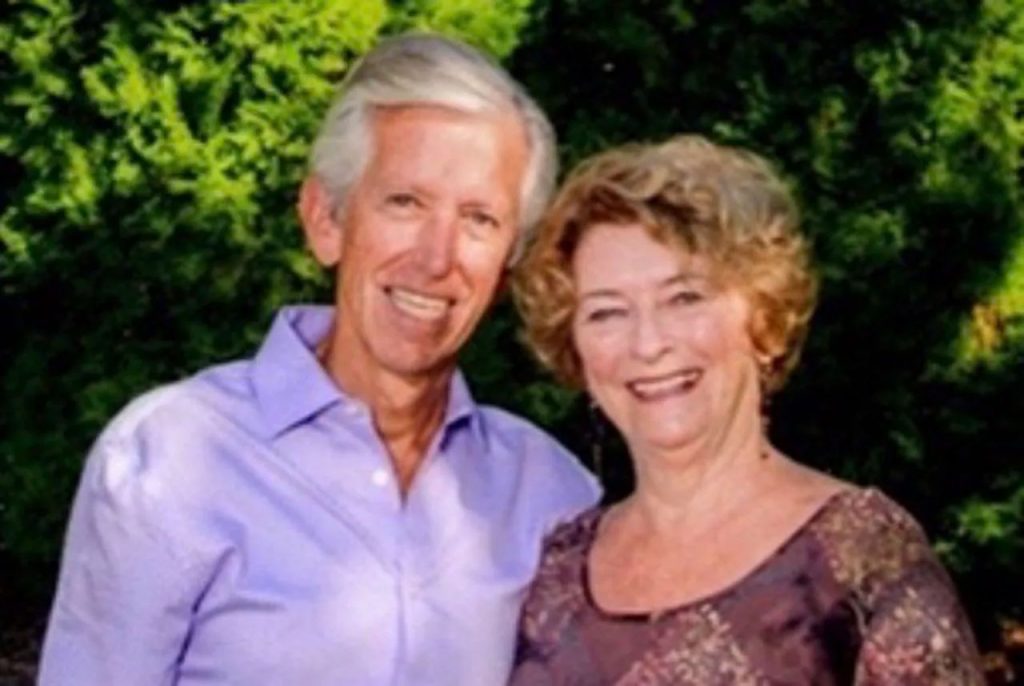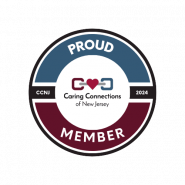By Tony Dearing | NJ Advance Media for NJ.com
published November 8, 2022
Jim and Geri Taylor travel across the U.S. and Europe to educate people about Alzheimer’s, reduce stigma and support research. They say getting your memory tested annually can be an important early defense against the disease. (Photo above courtesy of Jim Taylor)
Geri Taylor knew something was wrong the morning she looked in the mirror and didn’t recognize her own face.
That’s when she and her husband, Jim, decided it was time to go to a neurologist and get her memory tested. They say it was the right decision for her back in 2012 — and an even better choice today for any older adult who’s concerned about memory problems.
“The face of Alzheimer’s is changing,” Jim Taylor says. “It’s no longer the world we lived in 20 years ago, when people felt there wasn’t anything you can do. Now there’s much more you can do and much of it is easily accomplished.”
That’s one of many messages about Alzheimer’s detection, treatment and research that Jim and Geri Taylor brought to the Garden State recently, just in time for New Jersey’s annual push to make memory screening more widely available to the public.
November is Alzheimer’s Awareness Month, and memory specialists in New Jersey and the Global Alzheimer’s Platform Foundation are again offering a free, brief form of memory testing at two of the state’s leading Alzheimer’s research centers.
The free, confidential memory screening is available at the following locations and dates:
Princeton Medical Institute, 256 Bunn Dr., Suite 6, Princeton: appointments available on Thursday, Nov. 10, from 9 a.m. to 4:30 p.m.; and on Tuesday, Nov. 15, from 9 a.m. to 4:30 p.m.
The Cognitive and Research Center of New Jersey, 195 Mountain Ave., Springfield: appointments available on Wednesday, Nov. 16, from 9 a.m. to 3 p.m.
The 30-minute memory testing for adults ages 60 and older will be conducted in a private setting. After you complete the assessment, you’ll meet one-on-one with a memory specialist who can discuss the results with you, and address any questions or concerns you have about your memory. You’ll also receive information about brain health, dementia prevention and local resources you can take advantage of.
To learn more or to schedule your appointment for a memory screening, you can go to the NJ Memory Screening Initiative page here or call toll-free at (689) 500-8600.
Appointments are required and walk-ins will not be accepted. If you are not able to get an appointment on the scheduled days, you can call either center directly and request an appointment for a future date. Princeton Medical Institute can be reached at (609) 921-6050 and the Cognitive and Research Center of NJ can be reached at (973) 850-4622.
Jim and Geri Taylor, founding board members for Memory Advocate Peers, have spent the past decade traveling across the United States and Europe to educate people about Alzheimer’s, reduce stigma around the disease and support Alzheimer’s research.
Jim Taylor says with recent excitement and momentum around promising new Alzheimer’s drugs, there’s never been a better reason to get your memory checked on a regular basis, just like you get an annual physical.
“Almost everyone over 65 is having cognitive issues and they’re all wondering, is this Alzheimer’s or not?” he says. “Research shows that people feel Alzheimer’s is their No. 1 concern.”
But for most people, a screening will show what you are experiencing is cognitively normal for your age, and that can be a huge relief.
“It’s a phenomenal psychological benefit,” Jim Taylor says. “People underestimate how helpful it is to know (your memory is normal).”
Even if a free, brief memory test shows some cognitive issue, you’re still better off identifying that now and getting further evaluation, he says. Memory loss can be caused by many things other than Alzheimer’s, and some of them are treatable.
And if the underlying cause turns out to be some form of dementia, you can be referred to cognitive specialists — such as a neurologist, neuropsychologist or geriatric psychiatrist — to be properly evaluated and diagnosed.
When that diagnosis is made early enough, a combination of lifestyle changes and medical treatment can potentially delay the progression.
“A very healthy lifestyle has been proven to delay the onset of Alzheimer’s,” Jim Taylor says.
He says an early diagnosis allows the person to “still be able to live the life we want to live” by adopting such healthy habits as eating a Mediterranean diet, getting more exercise, avoiding too much alcohol, taking up new activities to stimulate the brain and staying socially connected.
It’s also an opportunity to be considered for participation in a clinical trial.
“We have numerous preventive clinical trials underway,” Jim Taylor says. “When Geri was diagnosed, the phrase preventive trial wasn’t even coined yet. But now they are taking some of these drugs that are proving to be effective in the early stage of the disease and testing these drugs preventatively.”
Jim and Geri Taylor, who live in Manhattan, came to national attention in 2016 when they were profiled in a searingly honest and inspiring article that described their determination to address her diagnosis with “prudence, grace and hope.”
The article begins with Geri recounting the morning she looked at herself in the mirror and didn’t recognize the person staring back at her. She describes it as the “drop-dead moment” when she had to accept the truth. She was evaluated and diagnosed with mild cognitive impairment, which progressed to Alzheimer’s.
That was in 2012. At the time, she was 69 years old and had recently retired from her job as a health care executive. In the decade since, she and Jim have spoken to more than 10,000 people across the U.S. and Europe. They stay busy as well with their work with Memory Advocate Peers, and more recently, a second organization — Voices of Alzheimer’s, which seeks to give people with Alzheimer’s a greater say in public policy issues such as regulatory approval and insurance coverage for dementia drugs.
The Taylors were in New Jersey in late October to speak at an event hosted by the CRCNJ. Jim Taylor told the audience that major new developments both in prevention and potential treatments have created a sense of hope that didn’t exist when Geri got her diagnosis.
That’s why it’s become so crucial to detect Alzheimer’s as early as possible. Jim Taylor says free, community-based memory screening is one the best tools for early detection, and getting it from experts in a clinical setting is ideal.
“Going and meeting the people there and having someone answer your questions and educate you makes a world of difference,” he says. “I just think it’s so much more effective to have that personal touch; to have a medical team there is just wonderful.”
This is the second year that the Global Alzheimer’s Platform Foundation and member sites in New Jersey have offered this free memory screening program. Last November, nearly 600 older adults participated.
Dr. Michelle Papka, director of the Cognitive and Research Center of NJ, says memory screening is available year-round, but doing a special event in November created a greater awareness that the public enthusiastically embraced.
“There was such an overwhelming interest in people coming in,” she says. “Once they knew about it, people really wanted it. They seemed very appreciative for the opportunity not just to get screening, but also to get a bit of one-on-one education about brain health and resources and in the community.”
Dr. Jeffrey T. Apter, president of Global Medical Institutes and lead principal investigator for Princeton Medical Institute, calls last year’s screening “a great success” and looks forward to building on it.
“There are a lot of advantages to getting screened,” Apter says. “This helps us get patients in early, or identify patients who will be suitable later on for a prevention trial. We’re getting a lot of requests for prevention studies.”
Apter says “the first patient to be cured of Alzheimer’s will be someone participating in a clinical trial.” He adds that there’s growing optimism in the field of dementia research over such promising new “—mab” drugs such as lecanemab, gantenerumab and donanemab.
“There’s a lot in the pipeline right now,” he says. “Some of these drugs look like they may get approved and probably will get approved.”
But Apter says the answer for Alzheimer’s is not likely to come in the form of a single blockbuster drug.
“It’s probably going to be combination drugs, and people shouldn’t wait until those drugs are available,” he says. “It’s important to get a memory test and get a baseline (measure of your memory). That’s an important first step.”
Jim Taylor sees the momentum building around these potential new medications.
“As these treatments begin to come before the FDA, many more people who haven’t had a memory evaluation because they thought there wasn’t anything that could be done about it are going to be thinking, ‘You know, if there are treatments out there, maybe I should find out if this concern I’ve had is real or just aging,’” Taylor says.
He says people with a family history of Alzheimer’s are particularly good candidates for memory screening and participation in clinical trials.
“If folks have Alzheimer’s in their family and they are 65 or older, even though they aren’t having any symptoms, they are at increased risk of developing the disease — not only them, but their children and grandchildren,” Taylor says.
“So getting diagnosed and getting into a clinical trial is so important for their own progeny,” he says. “Hopefully by the time our children reach the age of 65, we will have drugs that will either mitigate or stop the symptoms, or maybe even a cure. So I really think anyone who has Alzheimer’s in their family should be especially wanting to have a free cognitive evaluation.”
To learn more or to schedule your appointment for memory screening, go to the NJ Memory Screening Initiative page here or call toll-free at (689) 500-8600.
If you are not able to get an appointment on the scheduled days, you can call either center directly and request an appointment for a future date. Princeton Medical Institute can be reached at (609) 921-6050 and the Cognitive and Research Center of NJ can be reached at (973) 850-4622.



